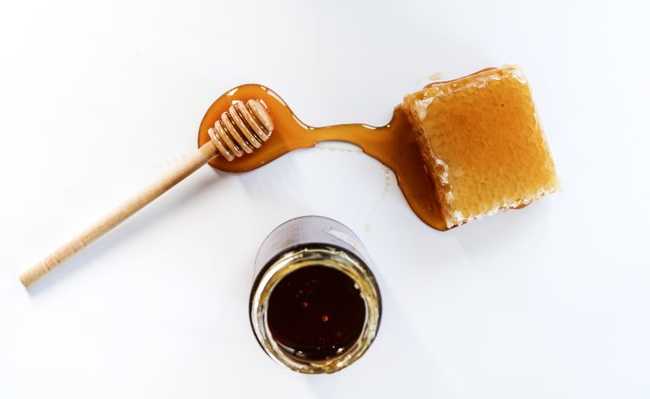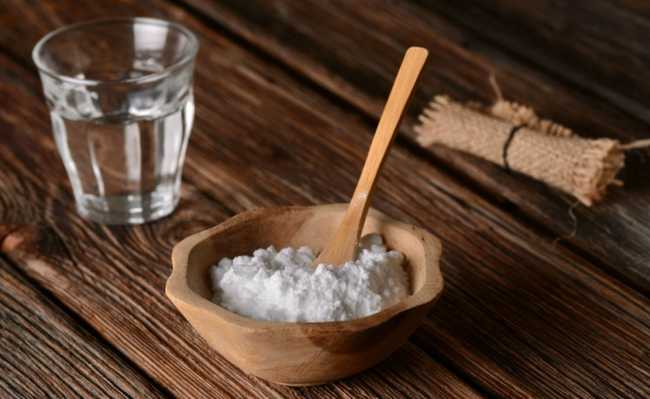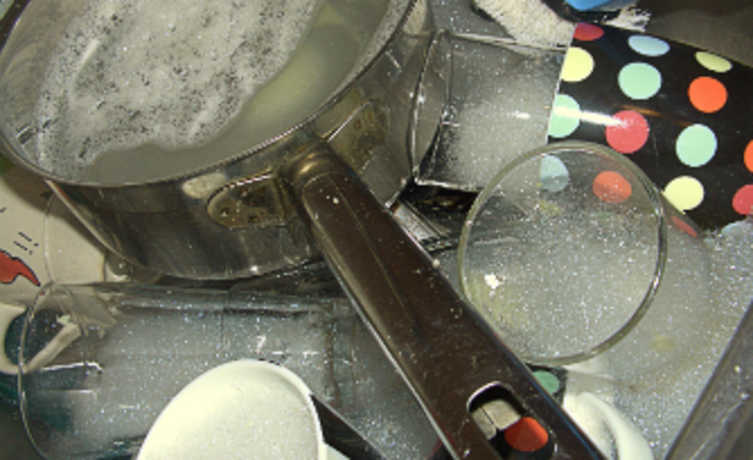Discover the benefits of honey
Honey benefits include cough relief, help with dandruff treatment and more

Image: Danika Perkinson on Unsplash
Honey has properties that make its use highly recommended in many situations. One of the things that explains the many benefits of honey is the chemical composition of the product created by the bees, as it has qualities that keep it from spoiling for a long time. Its moisture content is low, as well as being extremely acidic, making it threatening to bacteria and other micro-organisms.
In addition to all this, the substance also receives improvements by bees that add the enzyme glucose oxidase, originating hydrogen peroxide. Honey is hydroscopic, antibacterial, anti-inflammatory and has a debridement action (see more).
Dr. Lynne Chepulis reported in his book "Healing Honey: A Natural Remedy for Better Health and Wellness" that the first record of honey used in dressing comes from clay tablets made by the Sumerians. The ancient Egyptians used the pasty liquid regularly to treat skin and eye problems - later, its use extended to the Greeks, Romans and other peoples.
Only after serving for a long time as a medicine did honey acquire its most popular function today: that of sweetening cakes and drinks.
Honey Benefits
Let's look at some of the benefits of honey and the flavorful and effective uses of the substance.
1. Against cough
A study of Penn State College of Medicine, from the US, which included 139 children, found that buckwheat honey outperformed the cough medicine dextromethorphan. The natural substance calmed the nocturnal cough in children and brought improvements to their sleep. Another study, published in the journal Pediatrics, involved 270 children aged 1 to 5 years with nocturnal cough problems due to simple colds. According to the results, children who received two teaspoons of honey 30 minutes before bedtime coughed less frequently and were less likely to lose sleep due to coughing compared to those who did not receive honey.
2. Can improve memory
Another of the possible benefits of honey was disclosed in a survey published by Reuters, 102 healthy women of menopause age chose one of three options: consume 20 grams of honey a day, undergo hormone replacement therapy containing estrogen and progesterone, or not do nothing. After four months, those taking honey or hormone pills performed better on a short memory test. However, some critics of the study said that this research was unreliable because it took too little time and was done with a very small group.
3. Wound treatment
In several studies carried out, honey was found to be effective in treating wounds. In Norwegian research, a therapeutic honey called "Medihoney", from New Zealand, went through special purification processes and was used to eliminate all strains of bacteria in wounds. Another study, carried out on 59 patients suffering from wounds and ulcers in the leg region, showed that 80% had not been able to heal the wounds with conventional treatment. After being treated with unprocessed honey, all but one case showed remarkable improvement. The applied dose was 15 ml or 30 ml of honey, with the product being changed every 24 or 48 hours and covered with sterile gauze and bandages or a polyurethane dressing.
4. Transmits nutrients
According to National Honey Board, from the USA, one of the benefits of honey is that it has small amounts of a wide variety of vitamins and minerals, including niacin, riboflavin, pantothenic acid, calcium, copper iron, magnesium, manganese, phosphorus, potassium and zinc. If you use honey instead of sugar, you'll get more nutrients for fewer calories.
5. Helps with alleviating the reduction of white blood cells due to chemotherapy
THE Mayo Clinic, also an American, believes that honey can be a promising and cheap product, with the potential to supply the white blood cell count caused by chemotherapy. After conducting a rapid study, it was found that 40% of cancer patients were at risk of neutropenia, but had no more episodes of the disease after ingesting two teaspoons of therapeutic honey daily during chemotherapy. Although research is important, more in-depth and conclusive studies are needed to prove this benefit of honey.
6. Relieves seasonal allergies
Because honey has anti-inflammatory effects and is known to fight coughs, many people believe it is also good for reducing symptoms of seasonal allergies, although this benefit has not been proven in clinical studies. Some experts believe that honey may contain traces of flower pollen and exposure to micro amounts of allergens, which works as a good treatment to combat the reactions. While this is not among the science-proven benefits of honey, it is at the very least a delicious placebo.
7. Kills bacteria that resist antibiotics
According to clinical studies, it was found that one of the benefits of medicinal honey is to kill foodborne pathogens such as E.coli and salmonella, as Staphylococcus aureus and Pseudomonas aeruginosa, resistant to antibiotics and very common in hospitals and doctors' offices.
8. Helps metabolize alcohol
O NYU Langone Medical Center, from the USA, reveals that honey taken orally can “increase the body's capacity to metabolize alcohol, reducing intoxication and more quickly the level of alcohol in the blood”.
9. Great fuel for training
Some great athletes need sports drinks and gels loaded with sugar and carbohydrates to feed their bodies before starting endurance events, not to mention the muscle recovery period later. Honey contains, in a tablespoon, 17 grams of carbohydrates, so it is an excellent source of natural energy, surpassing other types of conventional sources, since it already comes with its added nutrients. O National Honey Board recommends adding honey to your water bottle to give you an energy boost before starting your workout.
10. Scalp and dandruff problems
In a study carried out with patients who have seborrheic dermatitis and chronic dandruff, participants were asked to apply honey diluted with 10% of hot water in the problem regions and let it act for three hours before rinsing with warm water. In all patients, problems were alleviated. The skin lesions were completely healed within two weeks and the patients showed an improvement in hair loss as well. Patients who underwent applications for six months did not show any signs of worsening in their condition.
Now that you know the research-proven benefits of honey, let's go to some simple everyday applications:
11. Honey for skin
The product made by bees is great for aesthetic treatment, as it makes the skin soft, uniform and without blemishes. To do this, just apply crystallized honey twice a week, massage well and let it act for 10 minutes to enjoy the benefit of honey. After this procedure, you can rinse your skin with warm water.
12. Good old lemon honey
This is one of the oldest and most traditional ways to fight and even prevent flu. For people who dispense laboratory-produced drugs, this method is quite effective. Just mix an amount of honey with lemon and drink it once a day.
13. Honey and cinnamon
The mixture of honey and cinnamon helps your body to digest. If a high-fat meal didn't go well, the combination of honey and cinnamon is a good idea to help you out. Just prepare a tea of cinnamon, add a spoon of honey and that's it, the mixture will facilitate digestion.
Although the characteristics of honey bring several benefits, it is important to remember that the substance is caloric (a tablespoon produces 64 calories) and that it is not suitable or suitable for children under the age of twelve months, as it may contain bacteria, such as the one that causes infant botulism.To learn even more about the substance, check out the video, which talks about the importance of bees and how they pollinate.










